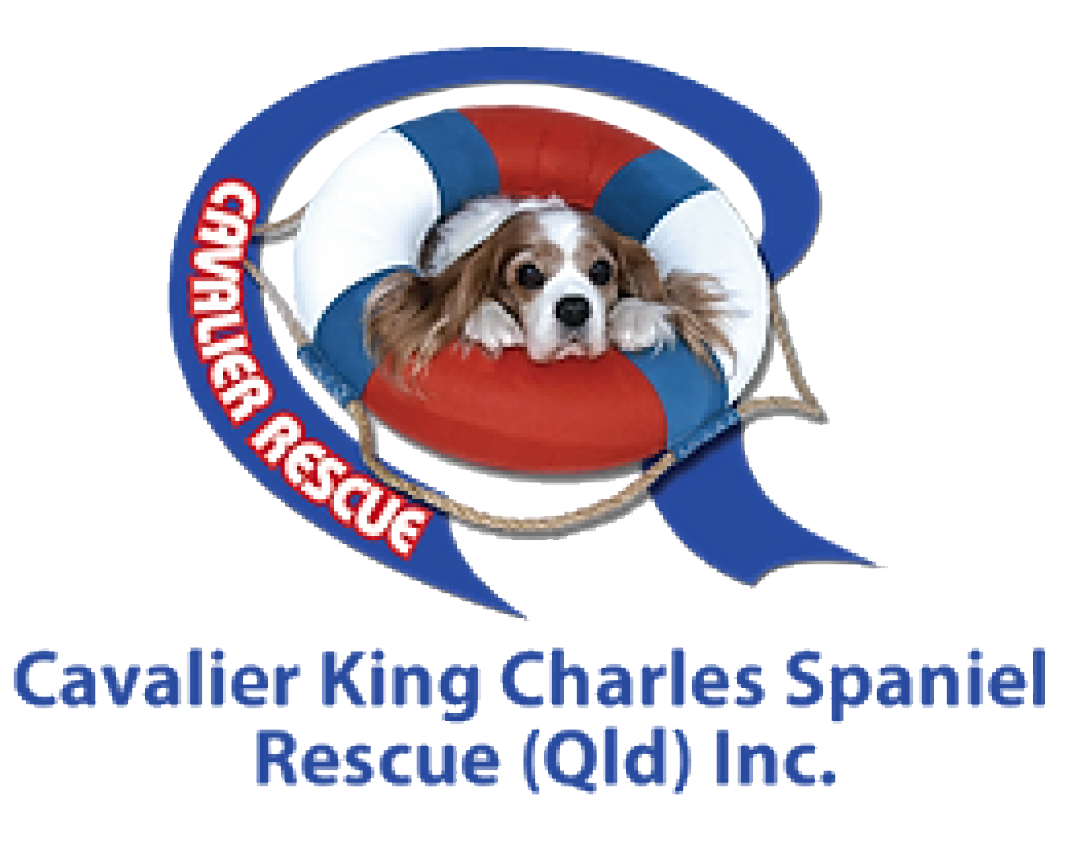What lifestyle does a Cavalier need to thrive?
Cavaliers need a specific lifestyle in order for them to live a healthy life. The most important are listed below.
Daily Walks
There are many benefits to daily walks, for both your dog and for you. Daily exercise is essential to help keep your Cavalier within a healthy weight range. The flow on affect of this is that it is great for heart, joint and mental health and wellbeing. Cavaliers are moderately active so a daily walk of 30 minutes to an hour, combined with playtime, is usually sufficient. They also enjoy more vigorous activities like fetch, agility training and swimming.
Diet
It is important to feed your Cavalier a healthy balanced diet formulated for their age and any health issues. Portion control is essential to prevent weight gain. Consider including real ingredients like quality proteins and low GI carbohydrates for sustained energy. We feed our permanent and temporary foster dogs 5 Hounds by Dr Will which has been kindly donated by our amazing primary sponsor 5 Hounds by Dr Will. We also use a variety of items from our generous long-time supporter The Curious Dog.
We recommend reading ‘The Forever Dog’ by Rodney Habib and Dr Karen Shaw Becker with Kristin Loberg. The Forever Dog offers a guide written by two of the world’s most popular and trusted pet care advocates. They reveal new science to teach us how to delay aging and provide a long, happy, healthy life for our canine companions.
Grooming
Grooming includes at least a weekly coat brushing, knot removal, regular washing (either at home or at a professional groomer). It also includes clipping nails, cleaning inside ears and daily wiping of their eyes and cleaning their teeth. Checking them for ticks after every walk, as well as keeping an eye on their bowel motions.
If you choose to keep your Cavaliers coat long, this requires a dedication to daily grooming to keep it knot free and silky smooth. Cavaliers are prone to knots in their fur, especially around their ears, in their armpits, their undercarriage and also their ‘bottom curtain’. Although a long coat is common on Cavaliers, we live in Queensland and it gets hot. Therefore keeping your Cavaliers coat short is also a good idea. It also makes it easier to check for ticks after each walk.
Regular Veterinary Visits
You need to be able to provide your Cavalier with regular veterinary visits. This is for many reasons, the first is to ensure they are receiving all their required vaccinations and preventative medicines. The second is for early detection of potential health issues. Check out all the health challenges Cavaliers are prone to, you’ll also find a suggested health schedule so you can budget appropriately. We highly recommend health insurance.
Home Environment
Inside dogs: Cavaliers are indoor dogs. They are very susceptible to heat and cold and should always have adequate shelter/shade and plenty of clean water. Dehydration for this breed is deadly.
Escape artists: Cavaliers are escape artists. Escape-proof fencing is a must with Cavaliers and gates should be locked so that they are not left open by visitors.
Apartments and units are not ideal: This is because a fenced yard is very beneficial for safe play and enrichment which Cavaliers require.
Snorers: Cavaliers snore! If they don’t snore as a puppy or in their younger life, as they mature, the likelihood of them snoring is high. Your home will reverberate with the sound of snoring. This comes with the breed as they are a shorter nosed breeds. If you are a light sleeper you should take this into account as they are quite loud.
Not an ‘off leash’ dog: Cavaliers cannot be trusted off-leash. They have strong hunting instincts because spaniels were originally used in hunting, particularly to flush birds such as grouse from the undergrowth. Still today, most Cavaliers see birds as fair game. Add in lizards, geckos, cane toads and snakes and you’ll quickly see why they cannot be trusted.
Training
Cavaliers are intelligent dogs who are eager to please. They respond well to positive reinforcement training. We recommend using treats, praise, and encouragement to motivate them. Avoid harsh training methods, as these are ineffective, inhumane and your Cavalier will not respond well as they are a highly sensitive breed.
Human Interaction
It is absolutely essential that Cavaliers spend as much time as possible with their humans. This because they were bred to be companions. They love a gentle massage and just generally spending time with you. Extra points if that time is spent taking them for a daily walk or playing enriching brain games with them.
